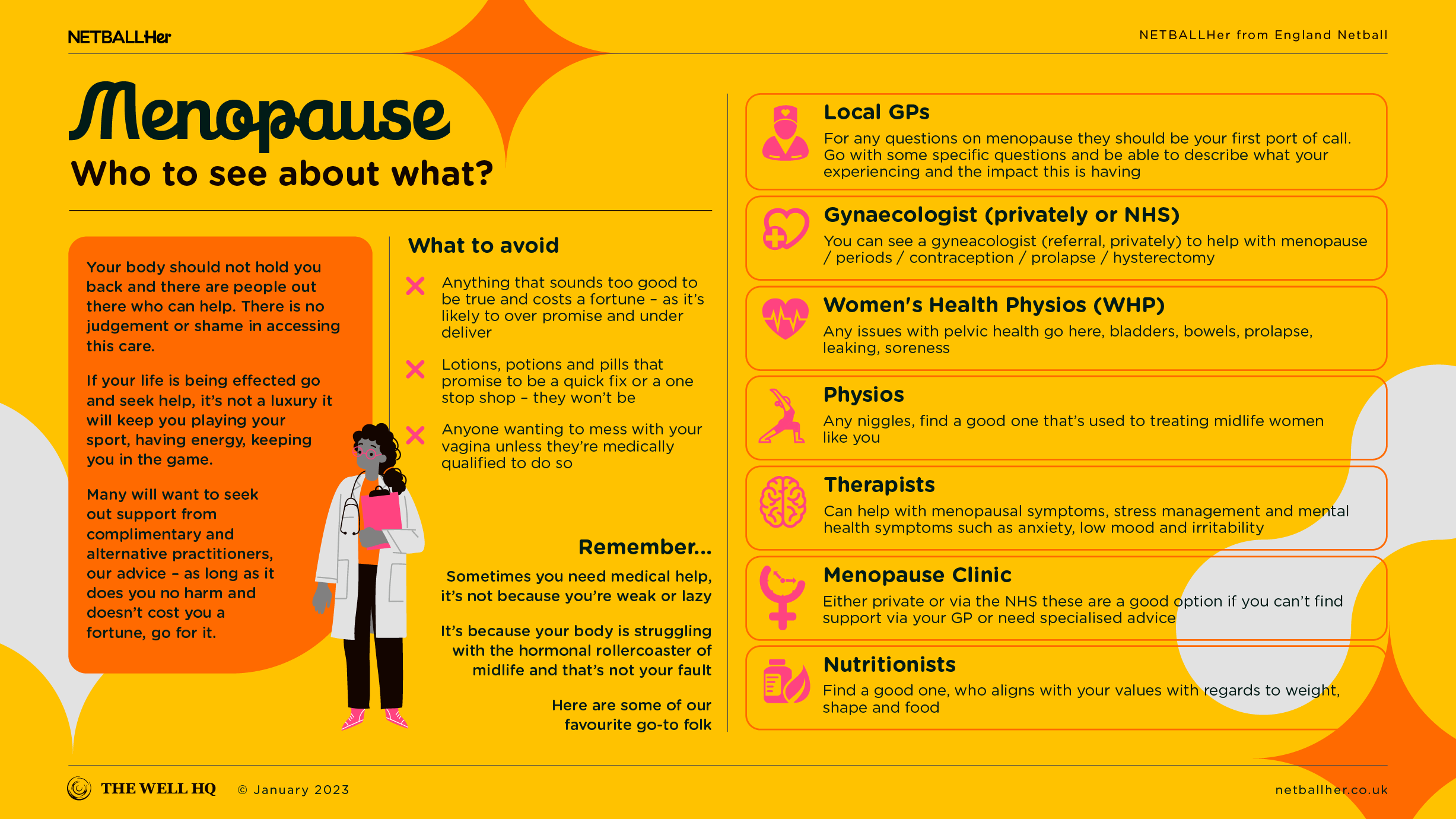Click play for an audio readthrough of this article
Perimenopause can be a perfect storm where sleep, stress and health all misbehave at once – here’s how to take action.
It’s so easy to say you must get more sleep. We all know how important sleep is for our mental and physical health. But in reality it can be very difficult to just get more sleep.
Sleep is the first routine we instill in our children when they’re born, yet it’s the first thing that goes out the window when people are stressed or unwell. And perversely, the more we worry about sleep the more we struggle to do it. It can become a vicious cycle.
There’s rarely an easy or quick solution so, at this time in our lives, we need to think about a holistic approach.
Why does perimenopause mess up my sleep?
It’s mostly to do with changes in hormone levels. Declines in oestrogen, progesterone and testosterone can have multiple effects on the body and its sense of rhythm.
Low oestrogen, for example, can change body temperature and lead to those night sweats while low progesterone means the body’s natural anti-anxiety influence is removed, and so women may struggle to switch off and relax.
The stress hormone cortisol is on the rise while melatonin, a hormone that controls our sleep-wake cycle and also influences mood and immune function, noticeably declines during midlife (note that research currently shows topping up with melatonin doesn’t improve sleep or mood in midlife women).
Impact of poor sleep
One night’s poor sleep may not hurt, but getting too little sleep, night after night, can have a detrimental effect on both short- and long-term health. It’s called chronic sleep loss and it can impair memory by 20%, reaction time by 25% and communication by 30%. A study of people suffering chronic sleep loss showed they were five times more likely than people getting sufficient sleep to be involved in a car accident.
The health consequences of poor sleep for prolonged periods of time go beyond a greater chance of being in a car accident, though. Simply put, lack of sleep leads to a shorter life. Poor sleepers have an increased risk of diabetes, cardiovascular disease and mental illness. Women have also been found to be even more susceptible to high blood pressure, weight gain and depression as a consequence of sleep deprivation.
How do I manage it?
The starting point is to create (and stick to) an optimal sleeping routine, avoid stimulating behaviours and promote as much relaxation as possible.
Really, the sleep hygiene advice doesn’t change no matter your age and stage in life but it’s crucial that women in menopause follow the suggestions. In midlife, it’s so easy to get trapped in a bad sleep cycle and the longer it lasts the bigger the toll it takes on mind, body and spirit.
Sleep hygiene 101
- Exercise is great for helping us sleep better, but if you’re exercising early in the morning or late at night, try to check and assess whether it’s impacting your sleep. If so, don’t stop exercising, but develop ways to limit its negative impact on your quality or quantity of sleep.
- Establish sleep discipline – get into a regular habit (lights out by …)
- Create a comfortable, cool sleeping environment
- No tech in the bedroom
- Avoid heavy meals late at night
- Avoid caffeine, nicotine and alcohol within six hours of bed time
- Don’t nap during the day
- Try to read, have a bath or listen to music to relax before sleep
A little extra help
As said, the rules on optimal sleep hygiene don’t change much whether you’re a fighting fit 20-something or 48 and perimenopausal.
The difference is that dysfunctional sleep is more likely – given chemical forces are at work – in midlife and the results can be more extreme. So with that, there’s extra help and options out there if sleep hygiene alone doesn’t make the difference.
Sleep diary
The first stop I recommend is to keep a sleep diary for at least a fortnight. Record your sleep issues, symptoms, intensity and frequency – plenty of sleep tracking apps are available to help – and you can know the detail of what you’re up against. Rumination, hot flushes or bladder issues, for example, will all require very different approaches to improve things.
Lifestyle
Sleep hygiene 101 says to avoid stimulants like alcohol and caffeine in the hours before bed. This is a good place to start but, really, you may need to go further and knock them on the head entirely … or at least limit caffeine to mornings only.
Exercise
Activity is one of the best ways to promote sleep (not to mention its countless other benefits) but the timing of exercise can play a part in your sleep routine – for better or worse.
Few of us have the luxury of a one or two hour wind down into sleep – complete with herbal tea, bath and a chapter of a good book – at the best of times. If you’ve a late netball training or coaching session it could further compromise your sleep routine …
But who’s to say it has to?
As we mention elsewhere, cooling down properly is a non-negotiable in exercise. So rather than skip that part (in favour of racing home) can you do wonderful stretching, breathing and winding down at the gym, or as part of your training?
And what about life at home? A late netball session is great, but if you return to base and have to cook, clean and tidy for two hours then that’s precious down-time / sleep routine wasted.
Ask yourself two things: how can I better prepare? And what can those I live with do to help?
Can they tidy, or prep meals, or run a bath? Sleep and exercise are so important at this stage of life, so try not to make it an either / or and give yourself (as much as possible) the time required for both.
Meds
Many women find that taking HRT (hormone replacement therapy) in the form of oestrogen can significantly improve their sleep and many other symptoms – such as hot flushes and night sweats – that they experience during menopause.
Progesterone is your body’s natural shielding hormone, helping you to relax and stay calm. So when progesterone levels drop during menopause, women’s anxiety levels can spike.
Hormones such as utrogestan, (which is micronised progesterone and is very similar to the progesterone that we produce naturally in our own bodies) may help to alleviate these feelings, as might non-hormonal options such as Gabapentin, antidepressants and clonidine which can all help to quiet the mind in severe cases.
But you may not need to head straight for the pills. Some women find that supplements, such as magnesium, also do a great job.
Practical changes
Try putting extra efforts into making your bedroom and sleeping environment more comfortable.
Solutions will be specific to your own sleep issues but if you struggle to stay cool you can chill the space down using fans or by resetting the temperature dial (try 18 degrees or so). You can also trial products such as weighted blankets, sleep pillows, blackout blinds and tinted reading glasses to aid comfort and relaxation in bed.
Stimulus control
There are ways to retrain your body and mind to enable better sleep and/ or to speed up the onset of sleep.
For example, Sleep Restriction Therapy (which is a part of CBT) is one of the most effective methods of improving your sleep. It aims to maximise the amount of time you’re asleep in bed (your ‘sleep efficiency’) instead of lying awake, worrying.
The idea is that the more time a person spends lying in bed unable to sleep, the more they feel stressed and pressured and these negative thoughts make things worse.
Breathing
Slowing our breathing down can help to reduce our heart rate, lower blood pressure and make us feel calmer and more relaxed. Slower, deeper breathing can lower cortisol (stress) levels and increase melatonin levels to improve the quality of sleep.
There are many different breathing exercises to try – from breathing through alternate nostrils to diaphragm breathing and box breathing – and there’s a world of helpful sleep and/ or meditation apps out there. The key is finding a technique that’s easy, doable and works for you.
Extra vigilance if you work shifts
Some of the above suggestions may be more difficult if you work shifts or otherwise irregular hours. An unconventional work pattern is an enemy of sleep at the best of times but you can still get around it and we encourage you to do everything you can to have the most restful, high quality sleep possible.
The key is getting ahead and preparing your sleep space, your food, and your opportunities to move. No-one’s expecting perfection but with some prep work you’re much less likely to get into bad food or bad habits when you get home knackered. Here’s some things to think about:
I’d always recommend blackout blinds as a start, especially if you work nights and sleep days, and try to keep your sleep space clean, clutter-free and cool as much as possible.
Onto food and while things like caffeine, carbs and sugar seem like they help you push through long shifts, they’re not friends of sleep and the midlife body struggles to process them. So with food it’s about planning: prepare good foods and take them to work with you so they’re available to-hand when you’re vulnerable to the call of carbs and chemicals.
And as simple as it sounds, try to ensure you keep good, healthy food at home. If you get into the house shattered and all you have are crisps and cereal – that’s what you’ll eat. If you’ve chicken, veggies and eggs – you’ll more likely go for those.
Lastly, you might have to go an extra step here, but the impact of exercise on sleep is positively tremendous. Again, it’s just prep: if you know you’ve a 6am finish maybe you can fit in an early gym session, or swim, or book a morning class? Be proactive: pack your kit, bring your trainers and enjoy the wonders of exercise en route to a good … day’s sleep.
Take action, don’t worry
Sleep in menopause can be difficult. But it’s not permanent. For me, the key is to keep realistic expectations about sleep and try not to let broken sleeps or bad spells set you back. There are solutions out there – practical and medical – and worrying tends to only make things worse.
The power of exercise in this dynamic shouldn’t be understated either. Even if you’re underslept, stick with your netball training (even if you have to go easy) to keep the limbs moving and the blood flowing.
Exercise in midlife is vital to promote health and wellbeing across the board, including helping your sleep. It’s good for hearts, brains and muscles and, provided you bookend your session with a solid warm-up and cool down, those endorphins can really help you nod off.
As a reminder, the content of the course belongs to The Well HQ. You have permission to access and use the content yourself or, if you are an organisation, for the number of users selected, but are not otherwise permitted to share such content with others, all in accordance with our Course Terms and Conditions.

